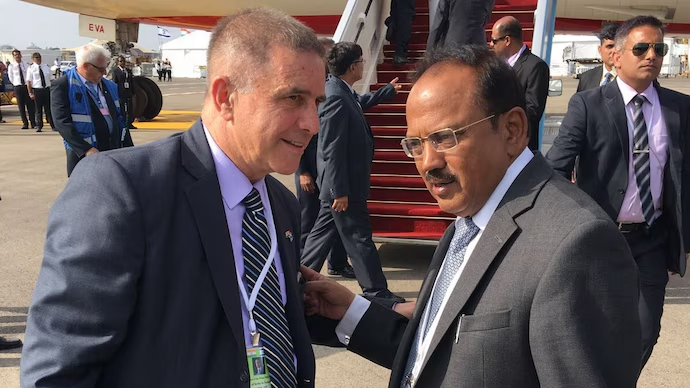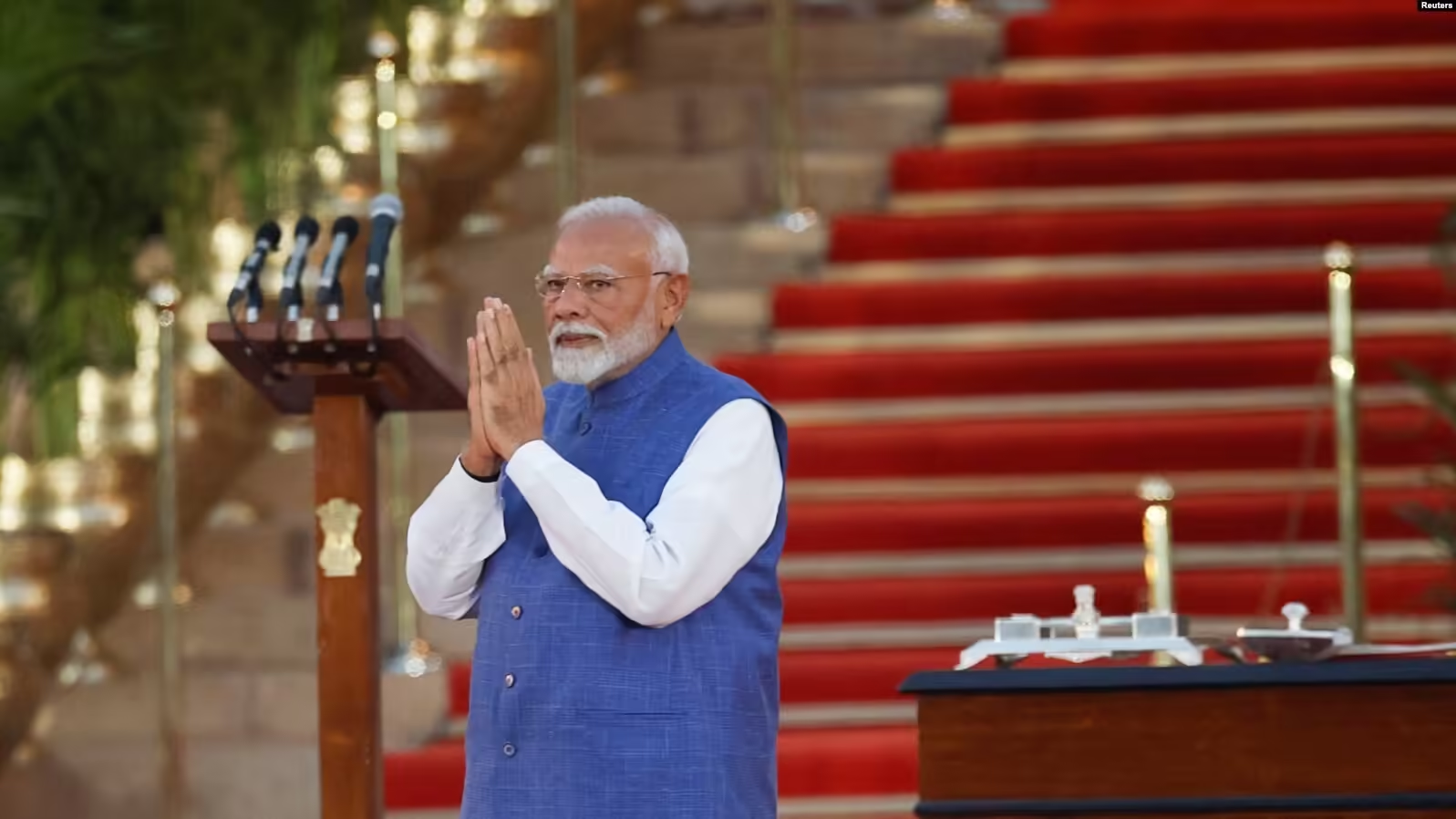Introduction
Eid Milad-un-Nabi, the celebration of the birth of Prophet Muhammad, is a sacred and joyous occasion for Muslims around the world. However, in Pakistan, this celebration has been marred by a disturbing phenomenon: suicide attacks that target processions and gatherings of faithful believers. These acts of violence have shocked the nation and the world, prompting us to delve deeper into the roots, motivations, and consequences of these attacks.

Understanding the Context:
Pakistan has a rich history of celebrating religious events with great enthusiasm and fervor. Eid Milad-un-Nabi is no exception. People gather in large numbers, organize processions, and decorate their homes and streets to mark this auspicious occasion. However, the joy and reverence associated with this celebration have, at times, been overshadowed by tragic incidents of violence.
The Perpetrators:
The question that haunts many is, “Who are the individuals or groups behind these suicide attacks during Eid Milad processions?” The answer is not straightforward, as it varies depending on the specific incident and its location. However, there are several common factors to consider:
Extremist Ideologies:
Many suicide attacks on religious processions in Pakistan have been carried out by individuals or groups with extremist ideologies. These ideologies often stem from a radical interpretation of Islam and a desire to impose their beliefs on others through violence.
Terrorist Organizations:
Some attacks are orchestrated by well-established terrorist organizations operating within Pakistan. Groups like the Taliban, al-Qaeda, and various sectarian outfits have been responsible for orchestrating attacks during religious gatherings.
Sectarian and Ethnically Driven Violence: Pakistan has also witnessed sectarian conflicts and ethnically driven violence. In some cases, these tensions spill over into religious processions, leading to violent incidents.
Lone Wolf Attacks: In recent years, lone actors who are radicalized online or through other means have carried out suicide attacks on religious gatherings. These individuals may not have direct connections to established terrorist organizations but can still cause significant harm.
Consequences of Such Attacks:
The impact of suicide attacks during Eid Milad processions is devastating. Lives are lost, families are shattered, and communities are left in shock and mourning. Moreover, these attacks also lead to a climate of fear and insecurity, affecting the ability of people to freely express their religious beliefs.
Government Response and Security Measures:
The Pakistani government, along with law enforcement agencies, has been working tirelessly to enhance security measures during religious processions. This includes deploying additional personnel, implementing surveillance systems, and conducting intelligence operations to preempt potential threats.
Conclusion
While the disturbing truth about suicide attacks on Eid Milad processions in Pakistan raises concerns about security and religious tolerance, it’s essential to remember that the vast majority of Pakistanis celebrate religious events peacefully. The acts of a few should not overshadow the unity, faith, and resilience of the nation. Efforts to promote peace, security, and religious harmony remain crucial in overcoming these challenges and ensuring that all Pakistanis can celebrate their faith in peace and safety.
ISIS (Islamic State of Iraq and Syria), also known as ISIL (Islamic State of Iraq and the Levant), has targeted religious gatherings, including those within the Muslim community, for several reasons:
Ideological Extremism:
ISIS holds an extremist interpretation of Islam that diverges significantly from mainstream Islamic beliefs. They view themselves as puritanical and the sole true representatives of Islam. Attacking religious gatherings, even those attended by fellow Muslims, can be seen as a way to impose their radical ideology and establish themselves as the only legitimate authority in the Muslim world.
Sectarian Conflict:
ISIS has often targeted religious gatherings to exacerbate existing sectarian tensions within the Muslim world. They have particularly targeted gatherings of sects or groups that they view as heretical or apostate, such as Shia Muslims, to fuel sectarian strife and violence.
Recruitment and Propaganda:
Attacking religious gatherings can serve as a tool for ISIS to gain media attention and recruit new members. Shocking and high-profile attacks can attract sympathizers and individuals who may be vulnerable to radicalization.
Destabilization and Chaos:
ISIS seeks to create instability and chaos in regions where it operates. Attacking religious gatherings can disrupt communities, undermine trust, and provoke fear and division, all of which can contribute to the group’s broader goals of destabilization.
Symbolic Targets:
Religious gatherings, particularly those celebrating significant events in Islam, are symbolic targets. Attacking them sends a message that no place or event is safe, even those held in reverence by Muslims. This psychological impact can generate fear and uncertainty.

It’s crucial to emphasize that these actions are widely condemned by Muslims around the world, and the vast majority of Muslims reject ISIS’s extremist ideology and violence. Many Muslim-majority countries have been at the forefront of the fight against ISIS and other extremist groups, working to counter their influence and protect religious gatherings from such attacks.
How to Stop Barbaric Acts in the Muslim World
The Muslim world, like any other region, is not immune to the scourge of violence and barbaric acts. These acts, which often involve terrorism, sectarian strife, and extremist ideologies, have caused immense suffering and have tarnished the image of Islam, a religion founded on principles of peace, compassion, and tolerance. To combat and ultimately put an end to such barbaric acts, concerted efforts are required from within the Muslim world and from the international community. Here are some key steps to consider:
Promote Education and Counter Radicalization:
Education is a powerful tool in preventing radicalization. Investment in quality education, including religious education that promotes tolerance and critical thinking, can help inoculate individuals against extremist ideologies. Governments, religious leaders, and communities must work together to develop curricula that emphasize peaceful coexistence and respect for diversity.
Strengthen Counterterrorism Measures:
Countries affected by terrorism and extremism must continue to strengthen their counterterrorism efforts. This includes improving intelligence capabilities, enhancing border security, and cracking down on terrorist financing. International cooperation in intelligence sharing and law enforcement is also crucial in tracking and apprehending terrorists.
Foster Interfaith and Intra-Muslim Dialogue:
Interfaith and intra-Muslim dialogue can help bridge gaps and foster understanding among different religious and sectarian groups. By promoting dialogue, religious leaders can work together to counter extremist narratives and promote the common values of compassion, justice, and peace shared by all major religions.
Address Root Causes:
Many individuals are drawn to extremist ideologies due to a sense of disenfranchisement, economic hardship, or political oppression. Addressing these root causes, such as promoting economic development, social justice, and good governance, can help reduce the appeal of extremist groups.
Empower Women and Youth:
Empowering women and youth is essential for building resilient communities. When women and young people have access to education, economic opportunities, and social engagement, they can play active roles in preventing radicalization and promoting peace.
Counter Online Radicalization:
Extremist groups often use the internet and social media for recruitment and radicalization. Governments, tech companies, and civil society organizations should work together to monitor and counter extremist content online and provide counter-narratives that offer alternative perspectives.
Encourage Moderate Voices:
Moderate religious leaders and scholars must actively promote moderate interpretations of Islam and counter the extremist narratives that are often used to justify violence. Their voices can carry significant weight in shaping public opinion.
International Cooperation:
The global nature of extremism and terrorism requires international cooperation. Countries should collaborate on intelligence sharing, extradition of terrorists, and efforts to cut off funding sources for extremist groups.
Conclusion:
Putting an end to barbaric acts in the Muslim world is a complex and multifaceted challenge that requires the collective efforts of governments, religious leaders, communities, and the international community. It is essential to remember that the vast majority of Muslims abhor violence and extremism. By promoting education, dialogue, economic development, and counterterrorism measures, we can work toward a future where barbaric acts have no place in the Muslim world or anywhere else.
Public Awareness and the Use of Force: A Dual Approach to Prevent Tragedies
Introduction:
In an increasingly interconnected world, where threats and challenges often transcend borders, maintaining peace and security has become a shared global responsibility. Tragedies like acts of terrorism, violence, and extremism continue to pose significant threats to societies worldwide. To effectively prevent such tragedies, a dual approach is essential, combining public awareness and, when necessary, the use of force. This article delves into the importance of both components and their interplay in averting crises and ensuring the safety of communities.
The Power of Public Awareness:
Countering Extremism:
Public awareness campaigns play a pivotal role in countering extremist ideologies. By disseminating accurate information about the consequences of extremism and its impact on individuals and communities, societies can inoculate their citizens against radicalization.
Promoting Tolerance and Inclusivity:
Building awareness about the value of diversity and the importance of tolerance and inclusivity is key to preventing violence based on race, religion, or ethnicity. Educational initiatives, community outreach programs, and media campaigns can foster a culture of acceptance and understanding.
Spotting Early Warning Signs:
Empowering communities to recognize and report early warning signs of radicalization or violence is crucial. Training teachers, healthcare professionals, and community leaders to identify potential threats can help prevent tragedies before they unfold.
Strengthening Resilience:
Public awareness can contribute to the resilience of communities in the face of potential threats. When citizens are educated about emergency response protocols and are vigilant, they are better equipped to respond effectively to crises.
The Role of Force When Necessary:
Countering Immediate Threats:
In some cases, the use of force is necessary to counter immediate threats to public safety. Law enforcement agencies, backed by appropriate legal frameworks, must be prepared to neutralize armed individuals or groups that pose an imminent danger.
Combating Organized Terrorism:
When facing organized terrorist networks that have the capability to carry out large-scale attacks, the use of force becomes essential. Military and law enforcement agencies must coordinate efforts to dismantle such organizations.
Ensuring Accountability:
Force should be used judiciously, with respect for human rights and international law. Ensuring accountability for those who commit acts of violence is essential in maintaining public trust and upholding the rule of law.
The Synergy of Public Awareness and Force:
Preventive Measures:
Public awareness can often serve as a preventive measure that reduces the need for force. By addressing root causes and early warning signs, societies can thwart radicalization and violence before they escalate to a point where force is required.
Community Cooperation:
When the public is informed and engaged, it can play a pivotal role in assisting law enforcement agencies. Reporting suspicious activities or individuals is a valuable contribution to national security efforts.
Balanced Responses:
Combining public awareness with the use of force allows for a more balanced and nuanced response to complex security challenges. It ensures that communities are actively involved in their own safety while providing the means to address immediate threats effectively.
Conclusion:
To prevent tragedies and maintain peace, a two-pronged approach that combines public awareness and the use of force is indispensable. Public awareness campaigns, educational initiatives, and community engagement can help address the root causes of violence, foster tolerance, and identify early warning signs. Simultaneously, the judicious use of force is necessary when facing immediate threats or organized acts of terrorism. By harmonizing these two strategies, societies can work towards a safer and more secure future, ensuring the protection of their citizens while upholding their values and principles.
Absolutely, it is crucial for Muslims and communities worldwide to play an active role in identifying and addressing individuals who may sympathize with extremist and oppressive forces like ISIS. Identifying and countering extremism within one’s own social circles is an essential aspect of preventing radicalization and ensuring the safety and well-being of communities. Here are some key steps individuals and communities can take:
Promote Open Dialogue: Encourage open and non-judgmental conversations within your community about extremism and radicalization. Create a safe space where individuals feel comfortable discussing their concerns and questions.
Educate About Extremist Tactics: Raise awareness about the tactics and recruitment methods used by extremist groups like ISIS. Understanding how these groups operate can help individuals recognize signs of radicalization.
Foster Critical Thinking: Promote critical thinking and media literacy to help individuals discern between accurate information and extremist propaganda. Encourage people to question and verify the information they encounter online.
Offer Support and Guidance: If you suspect someone in your circle may be susceptible to extremist ideologies, offer support and guidance. Encourage them to seek help from mental health professionals, religious leaders, or community organizations that specialize in counter-radicalization programs.
Report Concerns: If you have credible concerns about someone’s involvement with extremist activities, consider reporting it to local law enforcement or relevant authorities. Many countries have programs in place to handle such reports confidentially.
Engage with Religious Leaders: Religious leaders can play a significant role in countering extremism. Encourage them to address radicalization and extremism within their sermons and teachings, emphasizing the importance of peace, tolerance, and social cohesion.
Support Community Initiatives: Get involved in community-based initiatives aimed at countering extremism and promoting positive values. These initiatives may include workshops, educational programs, and awareness campaigns.
Online Vigilance: Monitor online spaces and social media platforms for signs of radicalization or extremist content. Report any concerning content to the appropriate authorities or social media platforms.
Family and Peer Support: Families and peers have a unique role in recognizing early signs of radicalization. They should maintain open lines of communication and be alert to behavioral changes, increased isolation, or expressions of extremist views.
Seek International Collaboration: Extremism is a global issue, and international collaboration is essential. Encourage and support efforts to exchange information and best practices with other countries and organizations combating extremism.
It’s essential to strike a balance between vigilance and respecting individual privacy and rights. The goal is to prevent radicalization while upholding democratic values, civil liberties, and the rule of law. By working together within their communities and in collaboration with governments and organizations, individuals can help identify and address sympathizers of extremist ideologies and contribute to a safer and more inclusive society.
To know more about Eid e Milad u Nabi PBUH please click here
You may like :
Suicide Attack on Eid Milad-ul-Nabi Procession’ Near Mosque in Pakistan Kills At Least 52 People


